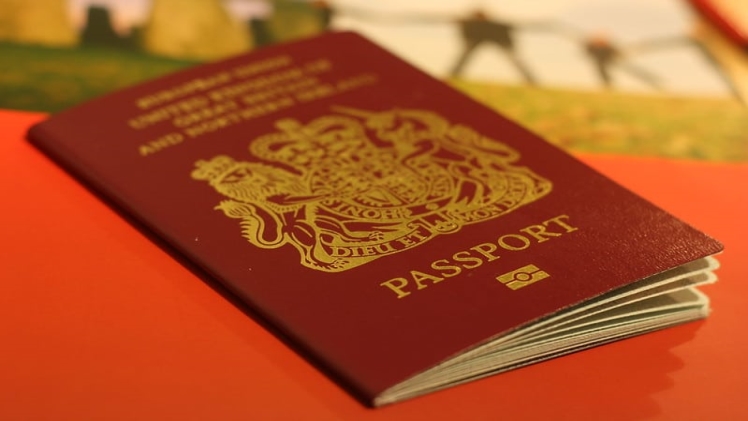Every year, thousands of people look to move from their country of origin to come to the UK. Whether they’re coming here to work, to study, or to join family that might already reside here, for some people, they may wish to make the move permanent by applying for British Citizenship. If they decide that this is the best step for them and wish to make the UK their new home, then they need to follow a strict application process, and with it there are a few things they need to consider. Let’s take a look at some of them today.
Life in the UK test.
While there is a separate language test requirement, which we’ll discuss shortly, one of the most important aspects of your application will be the ‘Life in the UK Test’. This test aims to prove that you have a good understanding of British tradition, history, geography, customs and culture. To pass this test, you’ll need to score at least 75% out of the marks available. There are 24 questions on the test which are regularly altered to avoid those who’ve taken the test and failed, remembering the questions and passing during a re-sit.
Although the questions do change, they are based on the same set of information, which is contained within a handbook which the Home Office will make available. This allows you to learn all of the information within the handbook, meaning that no matter the question that appears when you take the test, you should be able to answer it.
As we mentioned above, on occasion, people do fail to pass the test, but don’t worry if this happens to you. You are able to re-take the exam in the event of a failed attempt, and there is no limit to the amount of times you may try again. The re-try’s aren’t free however so you’ll need to consider the cost of taking the exam multiple times if money is an issue for you.
Language Tests.
Unlike the life in the UK test, the language test is aimed at demonstrating your ability with the English, Welsh or Scots Gaelic languages. This is to prove to the Home Office that you will be able to communicate confidently in the country you’re seeking citizenship of. You’ll need to achieve a level of B1 in both speaking and listening in your chosen language but before you enrol for a test, its worth checking if any of the exceptions the Home Office have set may apply to you.
If you are aged 65 or are older, you may be exempt from attempting the language test. Additionally, if you have a long term disability, either physical or mental, which would prevent you from attending the test then it can be bypassed as long as you can provide proof. Lastly, if your country of origin has a majority of English speakers, or English is the primary language, then you can provide proof of this to the Home Office rather than enrolling for the test.
Good Character.
Although the tests above are pretty self-explanatory, the concept of ‘Good Character’ is something you’ll have to understand if you wish to gain British Citizenship. While we can all understand what this term might mean, in the context of an application like this, it can seem pretty vague. The Home Office have their own set of characteristics which define the term in this context and if you’re over the age of 10 when you apply, you’ll have to meet those criteria to be eligible.
You’ll need to provide a full disclosure of any criminal record and know that any custodial sentence of 4 or more years will result in a default rejection of your application. The Home Office will also review your finances to ensure that you’re of sound financial standing.
As with any application process when it comes to residency or immigration, there are a lot of things that can go wrong, and not all of them can be covered in a short guide like this. In order for you to ensure that your application is processed as efficiently as possible, and any hurdles are easier to navigate, you may wish to take on a firm of specialist immigration lawyers who will be able to assist you.
Despite the difficulties that can exist within the process itself, the end result of gaining British Citizenship can hold an enormous value to those who list it as a goal. It affords you the same privileges as people who were born in the country you’ve chosen as your new home. As such it’s important not to get discouraged and to remember that when you look for it, help can be a phone call away.
Imogen Loveday is a writer for the Immigration Advice Service.

